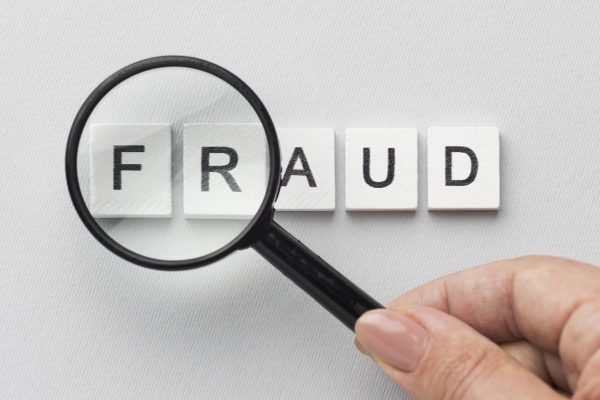
Digital technology provides many conveniences in the field of compliance. However, like two sides of a coin, technology also creates more opportunities for fraud, especially in educational document fraud, which is becoming more prevalent.
Document fraud is an act of falsification, manufacture, modification, sale/purchase, document creation with the aim of bilking regulations. A blank seminar certificate, for example, accessible digitally, can be a loophole, as discussed in the following example.
Blank certificates and fraud loophole
Almost all universities in Indonesia have criteria for thesis trials, one of which is to achieve the minimum value of the Certificate of Companion Diploma (SKPI) in the form of certificates for seminars, webinars, or training events. A seminar organized by a well-known university in Indonesia provides certificates for each participant after the event ends. The certificates are blank, which are more like a template where participants can fill in their own names. Such blank certificates can be a loophole for document fraud.
Some students believe they do not need to attend or participate in seminars, webinars, or other training events since all they need is to get SKPI scores from the certificate. Due to the requirements and gaps in blank certificates, students were able to cheat by writing their names even though they were not in attendance during the event.
Not only blank certificates but easy editing applications are mushrooming and can be downloaded for free. With these applications, users can edit any document. They just need to upload the original document, then edit it as desired. No wonder the cases of falsification of diplomas and transcripts are rampant.
This kind of fraud, of course, causes losses to the parties concerned. Both the reputation of the organizers and the educational institutions have the potential to be tarnished due to this illicit activity. More than that, potential losses can also be experienced by other parties as the ability of that person or student is certainly not as stated on the papers.
Verify the authenticity of the document
To minimize the occurrence of this fraud in the future, event organizers need to make several efforts, such as paying more attention to details, especially on certificate templates. The names of the event participants should be listed in advance so that the possibility of cheating is diminished. Level of security can be improved by including barcodes as well.
Responding to this case, many universities have been proactive in protecting their reputation by verifying the authenticity of the documents/diplomas issued. Verification requests come from companies that are in the recruitment process. Universities can help streamline the alumni diploma verification process by using the Education Verification platform service.
www.demo.education-verification.com is a one-stop verification platform that allows the document verification process to be more efficient in terms of time and resources. On the Education Verification platform, the name of the verifier will be recorded in the system, which maintains accountability in the verification process.
In addition, verification is carried out in a two-step process: verification by academic staff and confirmation by supervisors, which drives the check-and-balance process. It is also guaranteed that all registered partners are only the accredited ones. All verification results can be accounted for and guaranteed to be accurate.
Ajeng
https://www.freepik.com/photos/money



 Check
Check